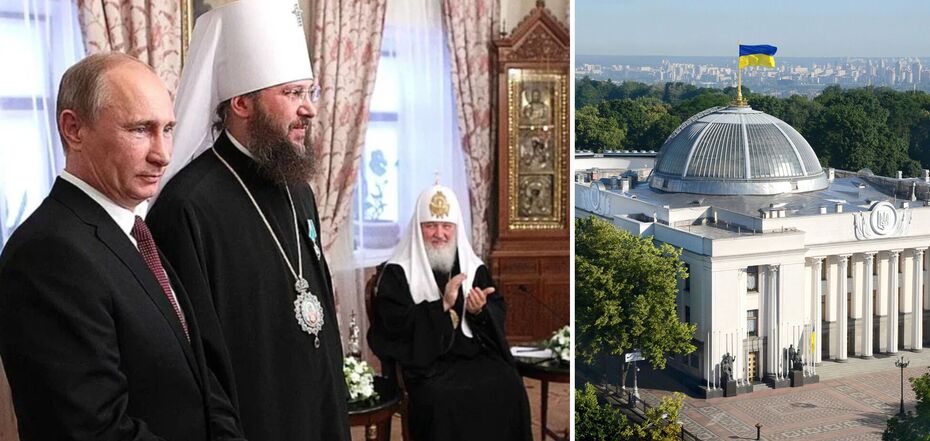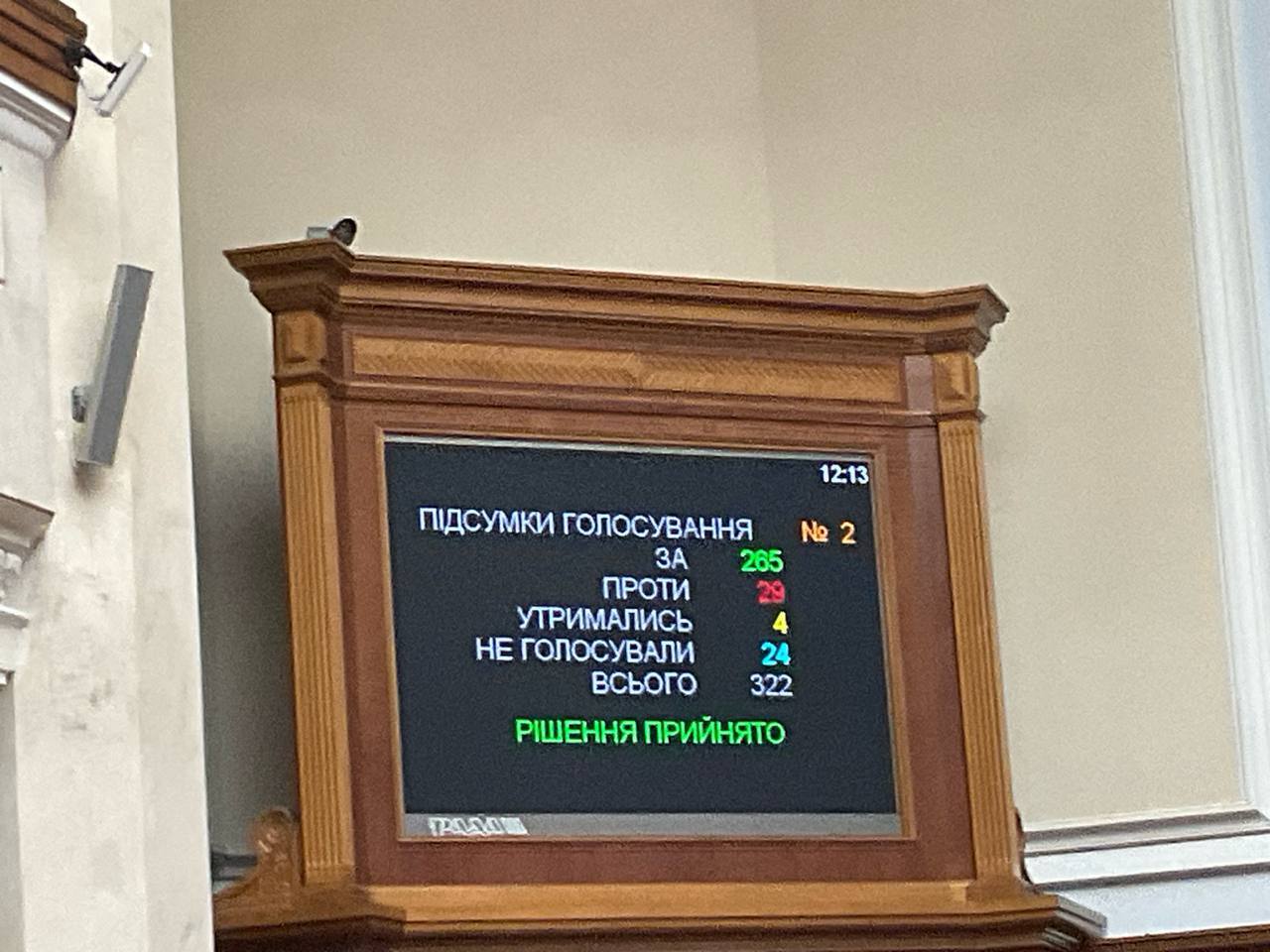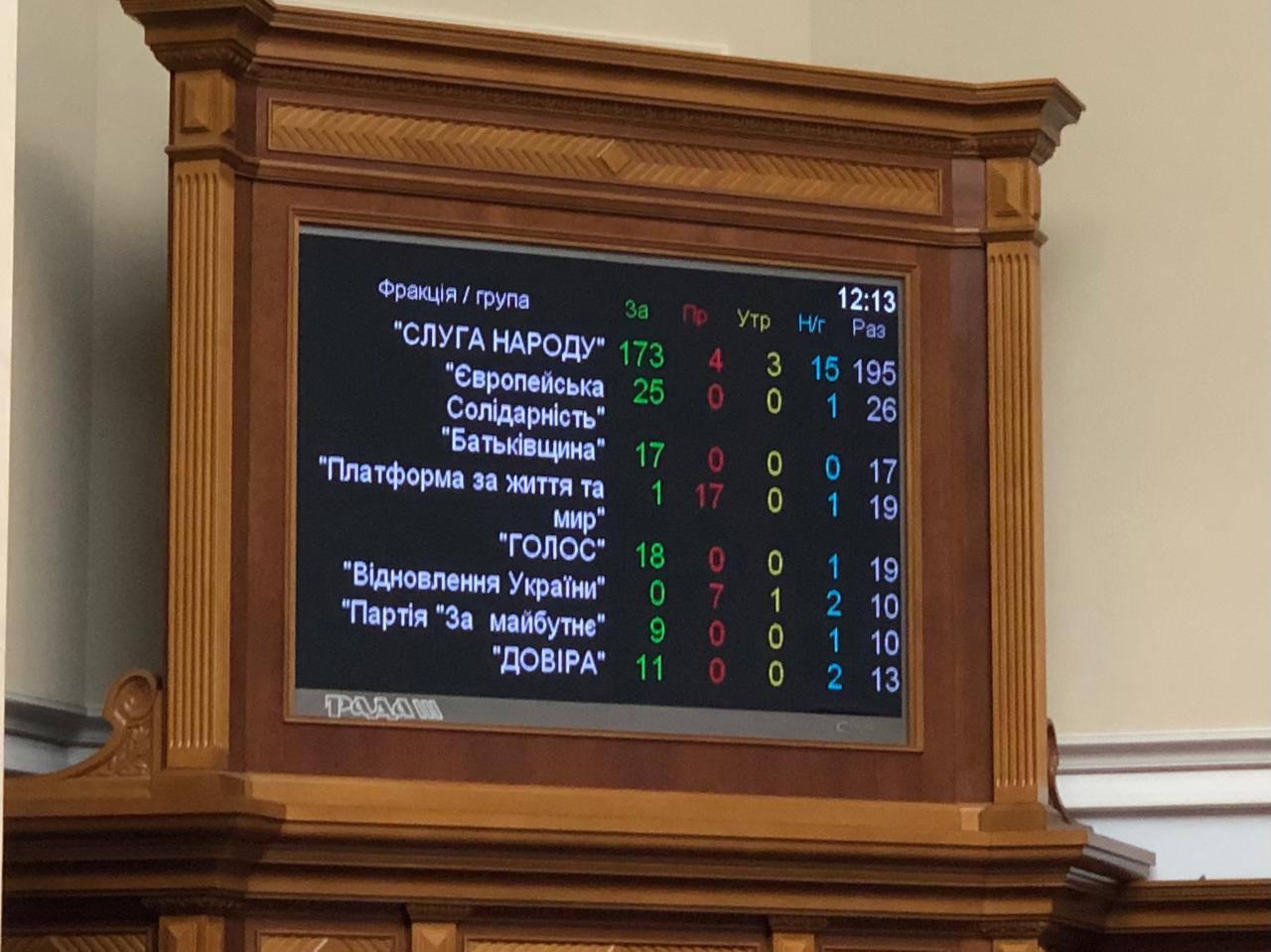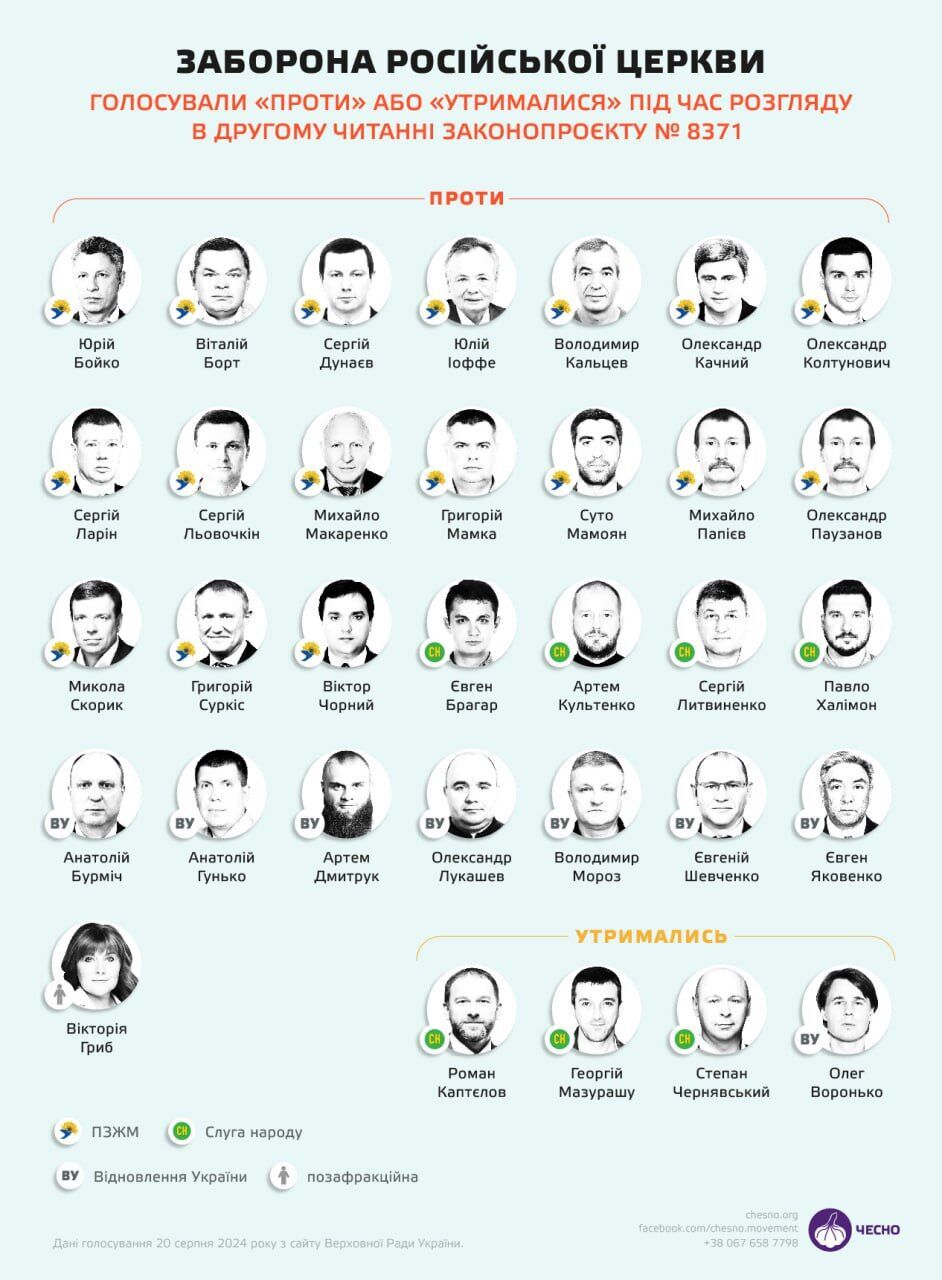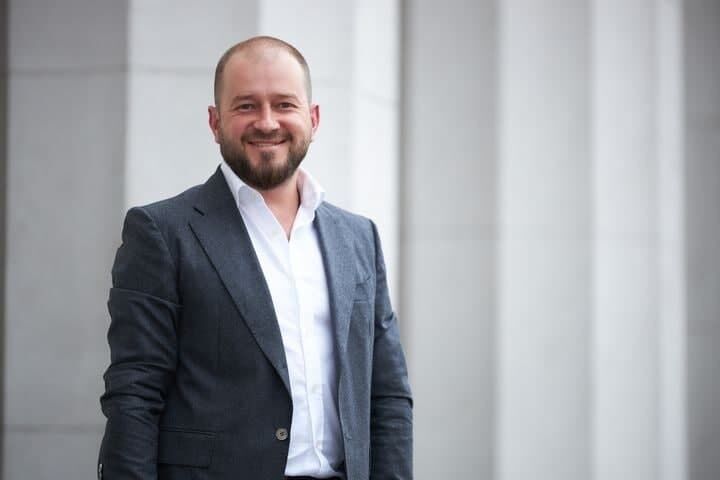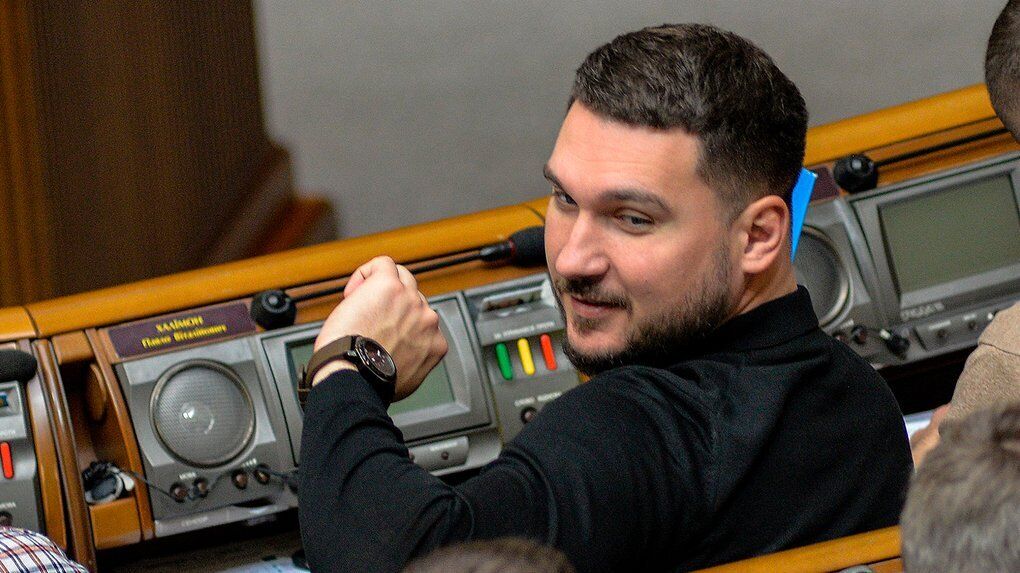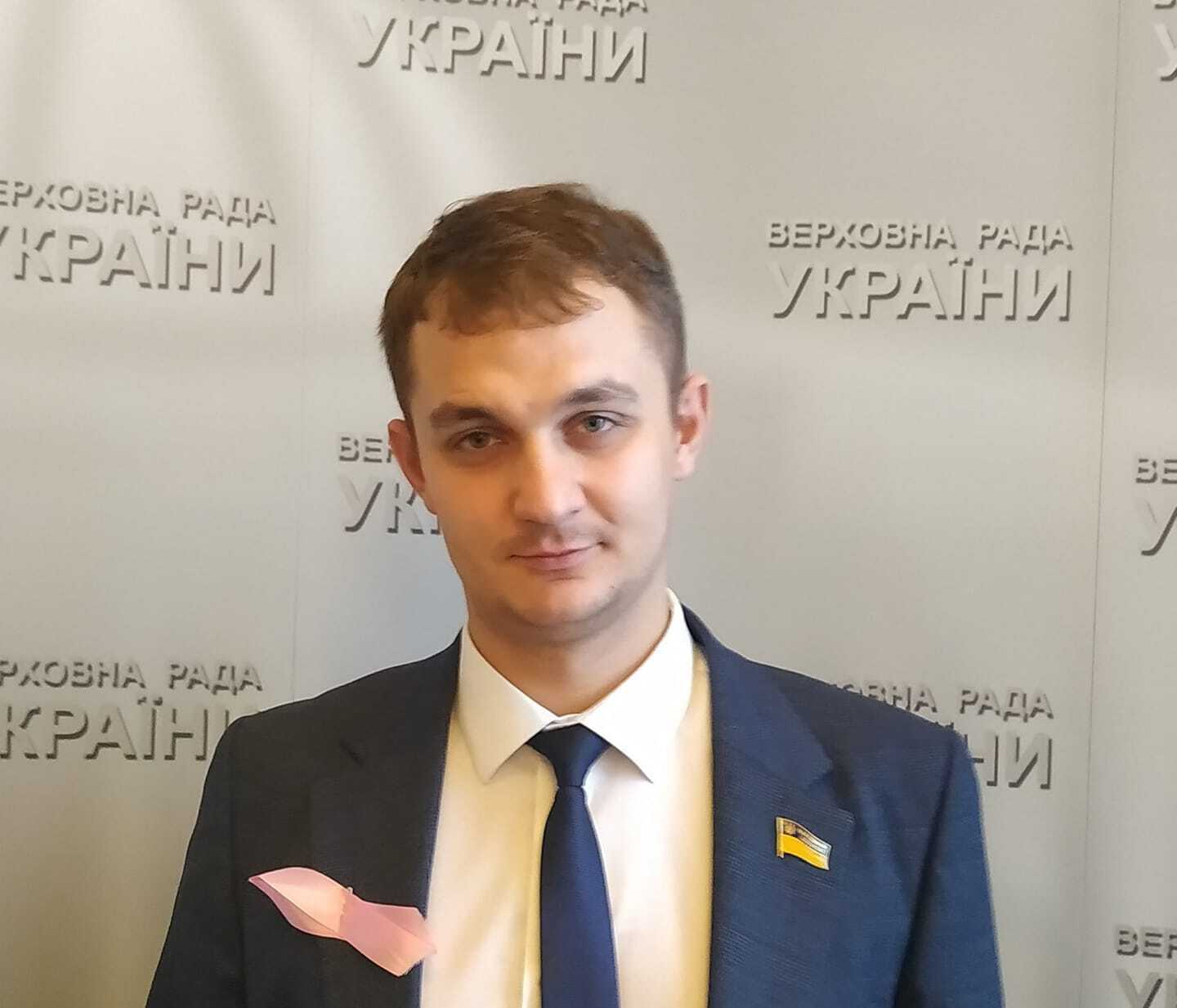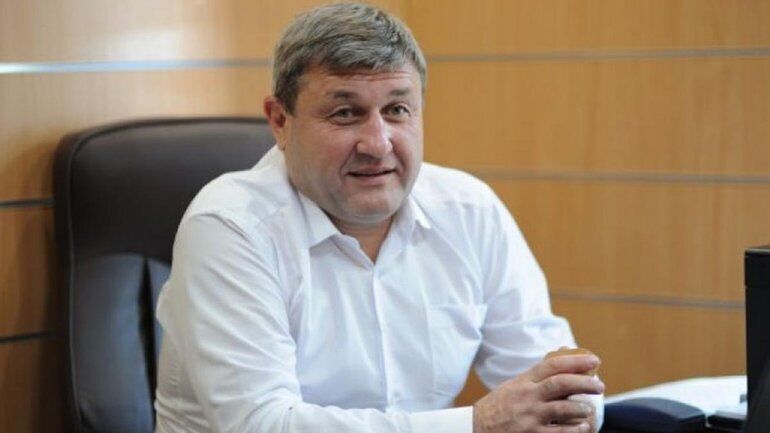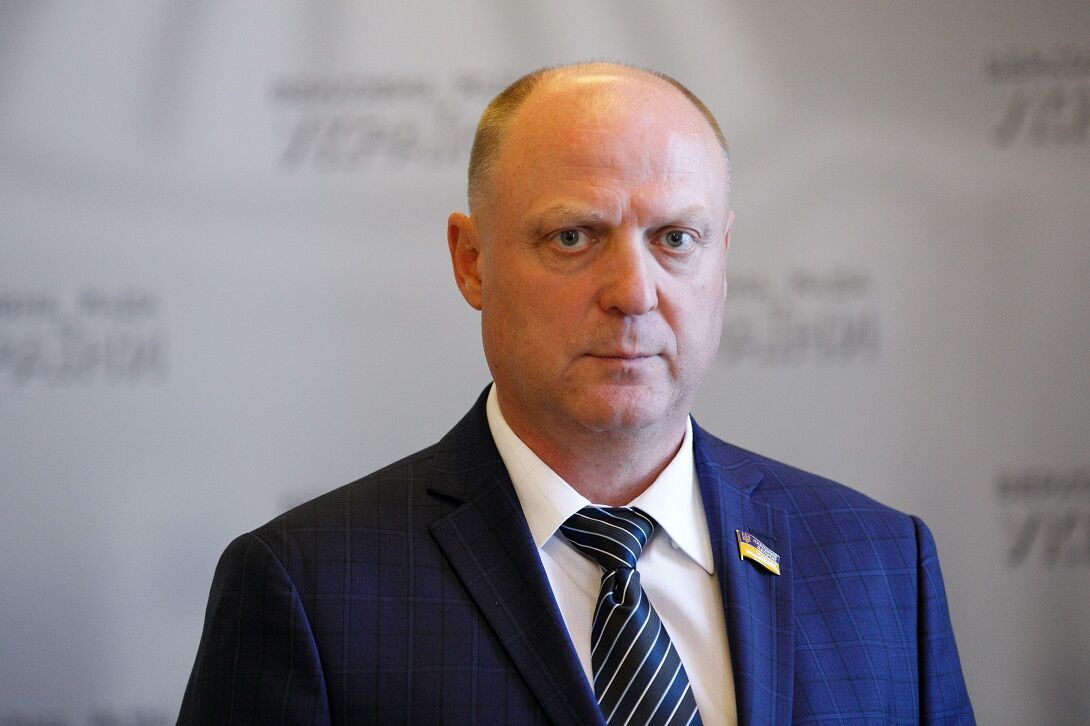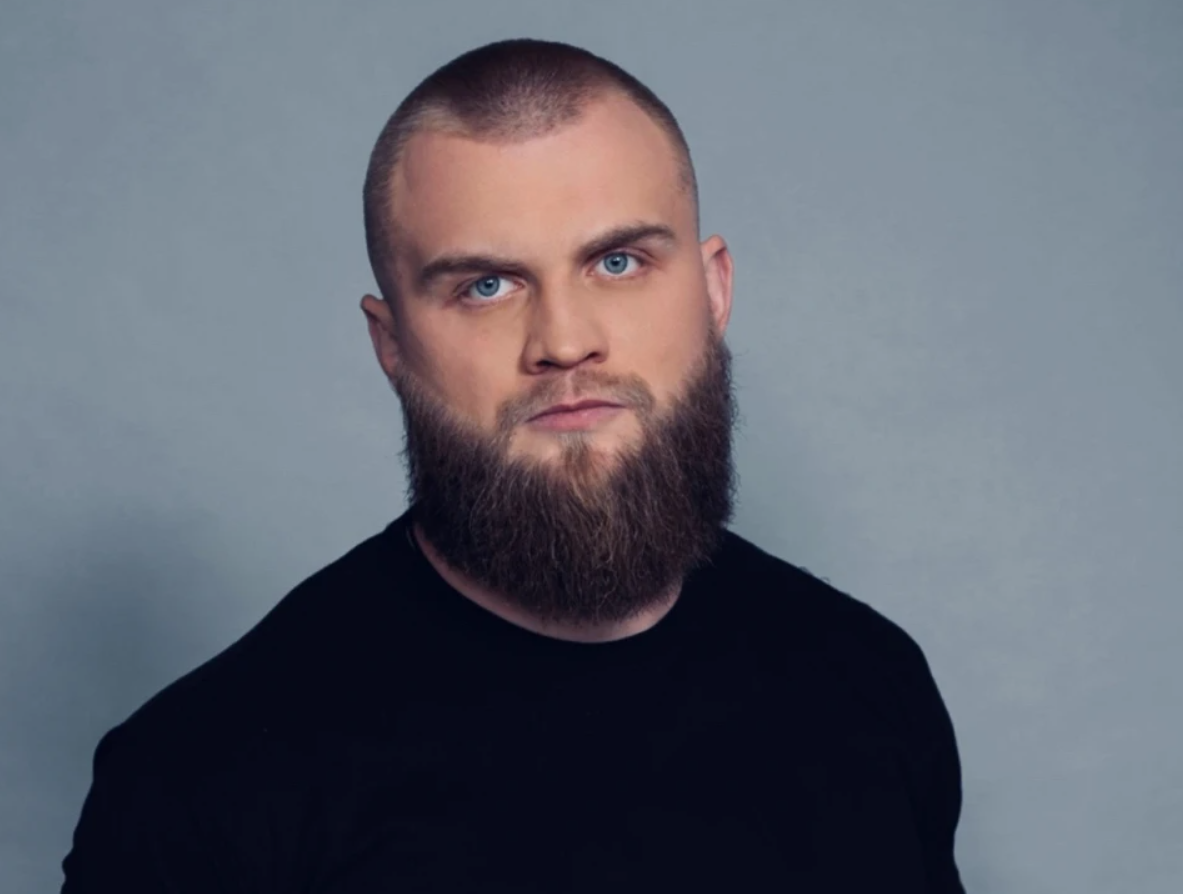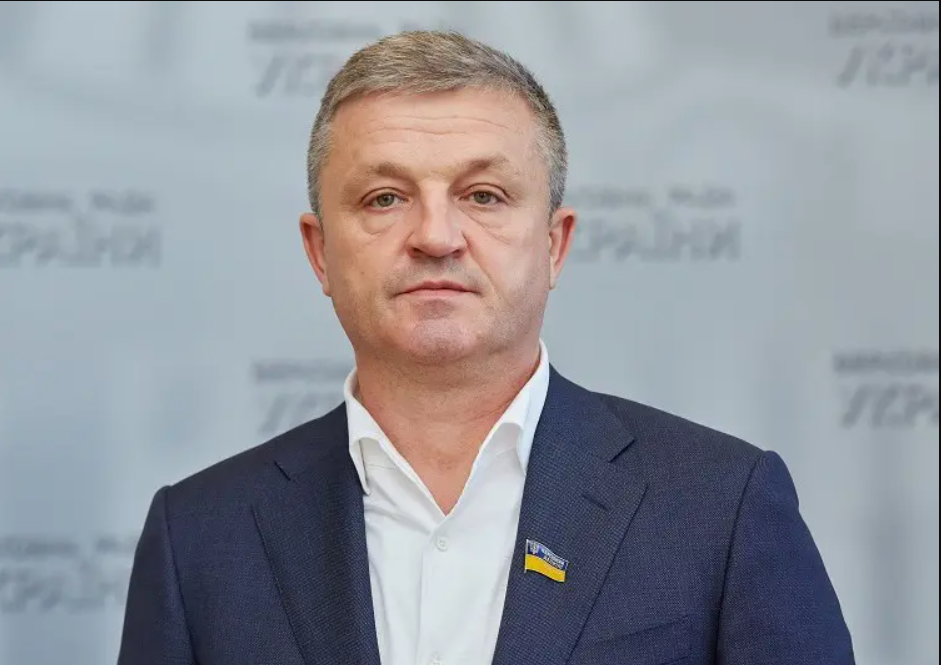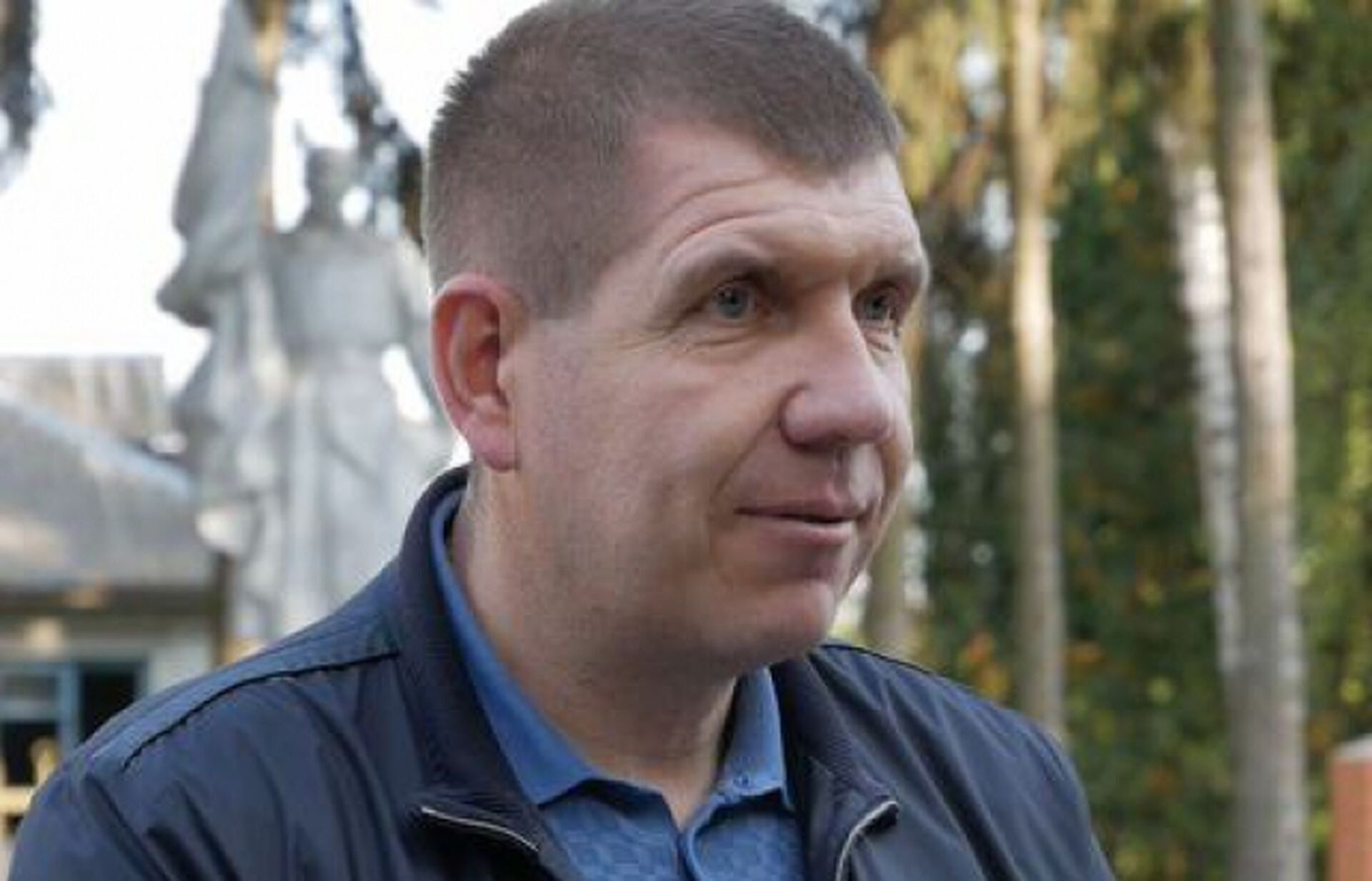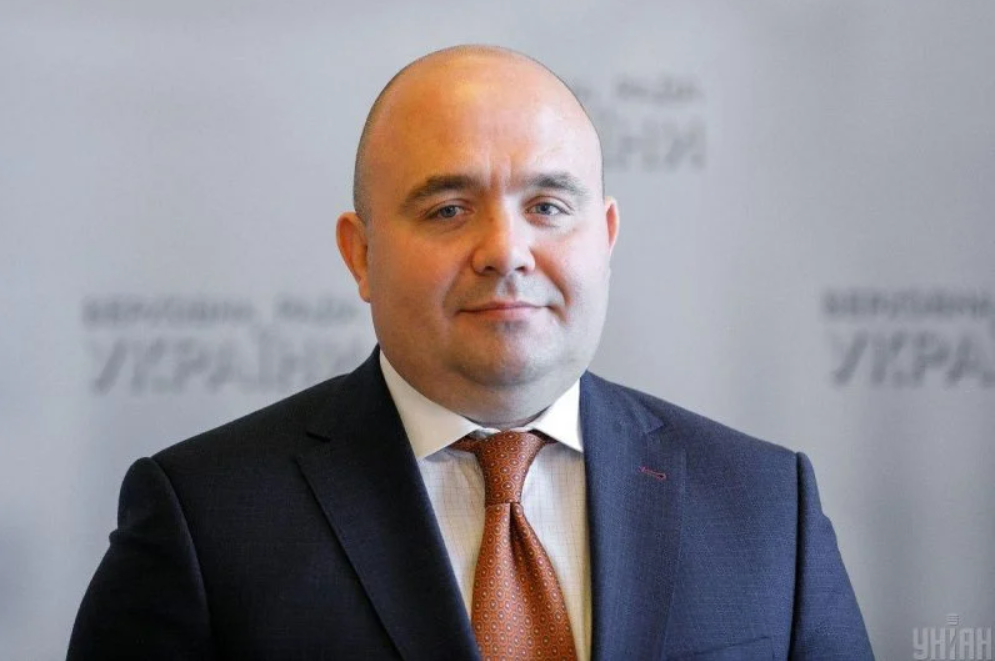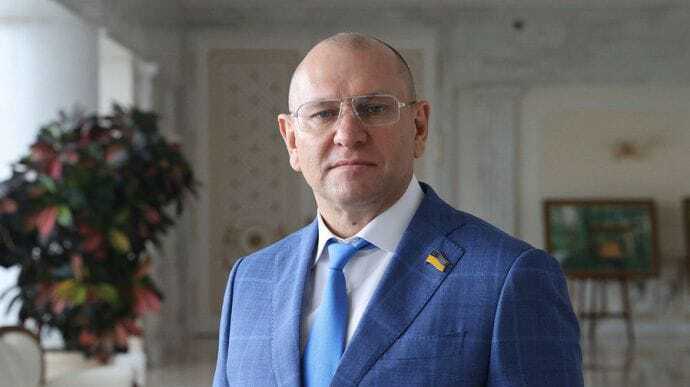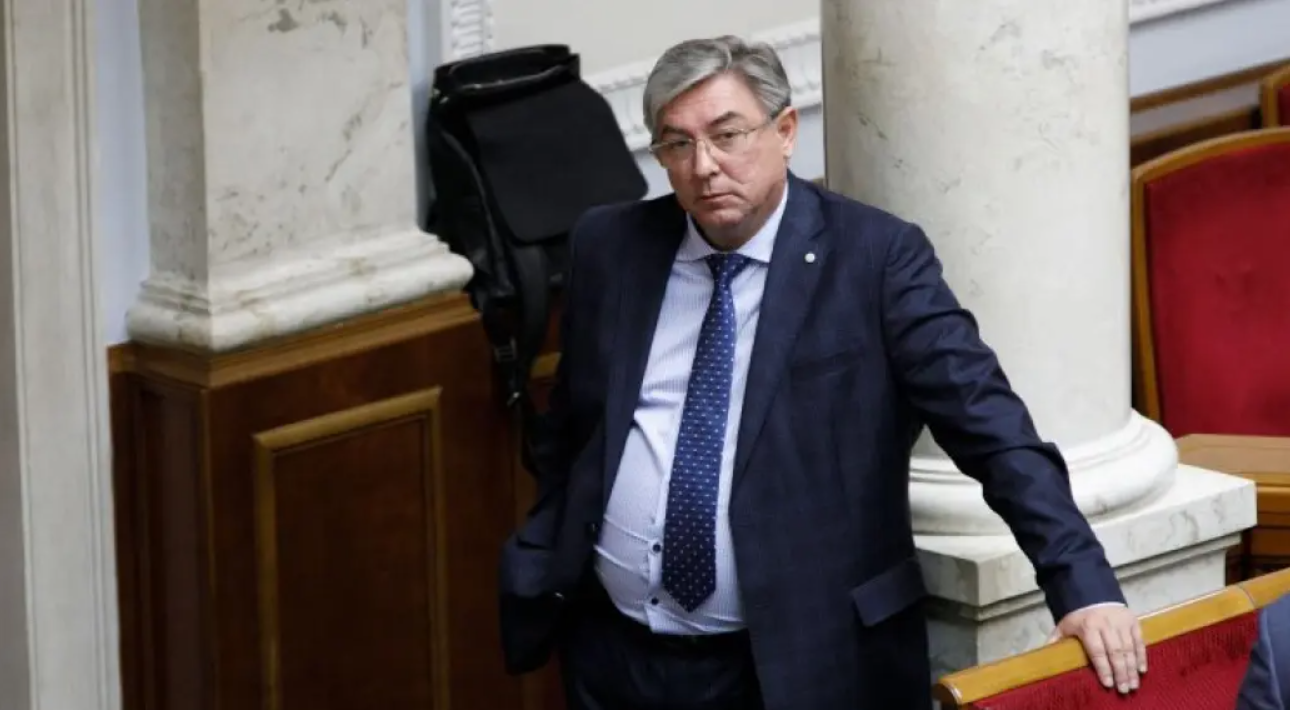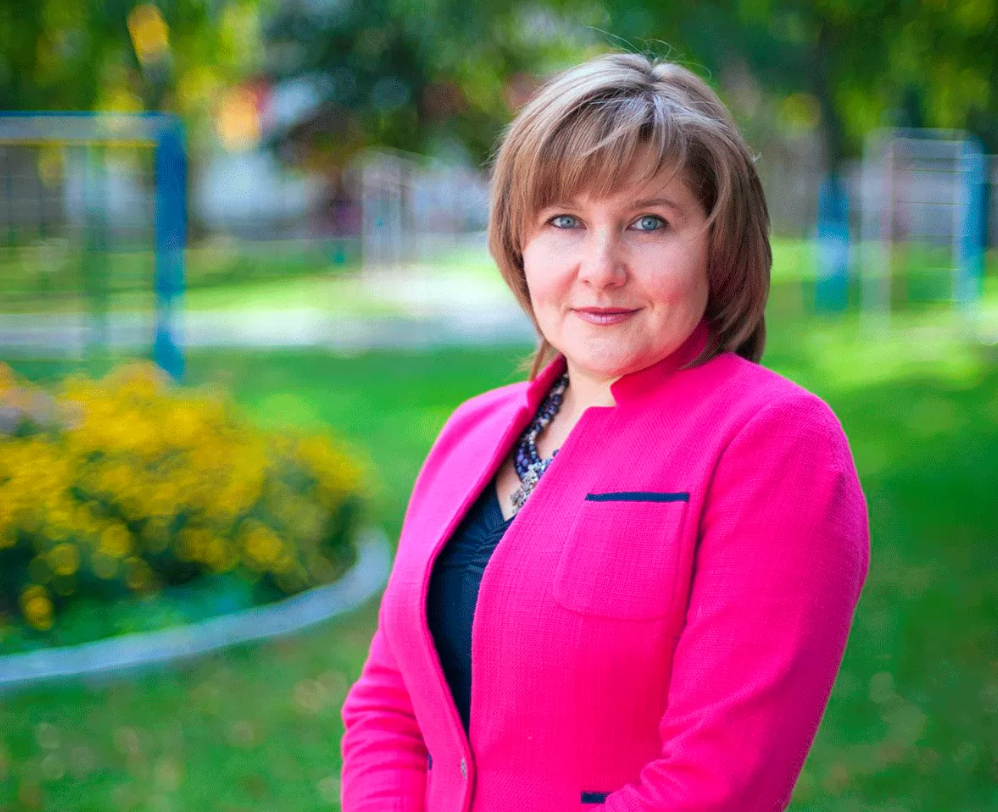Politics
Who voted against the ban on the Russian Church in Ukraine and what the opponents of the law are known for: all the details
On August 20, the Verkhovna Rada of Ukraine made a historic decision: MPs supported the bill banning the Moscow Church in Ukraine. The bill was supported by 265 MPs, with 29 MPs voting against it and four abstaining.
The results of the roll-call vote are not yet available on the website of the Ukrainian parliament, but some of the names of the defenders of the Moscow Church in Ukraine are already known. OBOZ.UA tells who is not afraid of the activities of one of the most powerful centers of influence of the Russian Federation in Ukraine during a full-scale war.
On the afternoon of August 20, MPs finally passed the revised draft law No. 8371 on the ban on the activities of religious organizations, including those affiliated with the Russian Federation, in Ukraine. It was popularly nicknamed the "law banning the Moscow church." The law will come into force 30 days after its publication, while the UOC-MP communities, as explained by MP Yaroslav Zhelezniak, have been given 9 months to break ties with the Russian Orthodox Church, otherwise, their activities in Ukraine will be recognized as illegal.
265 MPs supported this ban in the second reading. At the same time, some MPs see nothing wrong with the activities of this powerful center of Russian influence in war-torn Ukraine: according to the Rada system, there are 29 such MPs representing various factions and parliamentary groups. Another four MPs, according to the data on the electronic scoreboard, abstained from voting.
Quite predictably, the MPs from the "Platform for Life and Peace" parliamentary group formed from the wreckage of the banned "Opposition Platform – For Life" voted against the law in almost full force: 17 out of 19 MPs pressed the red button. Even more surprising was the fact that there was one MP (Yuriy Zahorodniy) who supported the ban.
There were no sensations in the voting of representatives of the Batkivshchyna, European Solidarity, Voice, For the Future, and Dovira factions: they unanimously supported the ban on the Moscow church in Ukraine. However, some MPs – Oleksiy Honcharenko (EU), Mariana Bezuhla, Serhiy Ionushas (Servant of the People), and Natalia Pipa – filed statements that their votes in favor were not counted during the voting.
However, representatives of some factions and groups voted against the ban. Among them, in particular, was the presidential faction of the Servant of the People party.
"Servants" not of their own people
In the largest parliamentary faction of the Servant of the People political party, there are four defenders of the Moscow church in Ukraine.
According to media reports, MP Artem Kultenko, in particular, opposed the ban on the UOC-MP. According to journalists, he headed a group of defenders of the UOC-MP within the Servant of the People. Among the "achievements" of Kultenko, a native of the Cherkasy region, during his term in office was the vote at the end of 2022 on the scandalous urban planning reform (Bill No. 5655), which defended the interests of developers and leveled the influence of citizens on the reconstruction of Ukraine. This reform was not signed by President Volodymyr Zelenskyy.
In April 2024, Kultenko attracted the attention of the Bihus.info team, which was investigating the activities of a network that opposes the ban on the UOC-MP. In this direction, investigators found that this MP cooperated with another former "servant" – a lover of the Moscow church, Artem Dmytruk, as well as with a cleric of the Novokakhovka diocese of the UOC-MP, Serhiy Chertylin, suspected of treason.
According to media reports, since 2016, Kultenko has been a novice at the Kyiv Theological Seminary of the Ukrainian Orthodox Church (Moscow Patriarchate).
Pavlo Khalimon, a "servant" from Chernihiv, also spoke out against the ban of the Moscow church. Back in 2020, he became involved in a corruption scandal: journalists of the Schemes project released recordings of a man with a voice similar to that of an MP demanding a bribe of UAH 40 million for assistance in running an agricultural business in the Chernihiv region. NABU detectives studied the recordings and asked Prosecutor General Venediktova to initiate criminal proceedings, but the then-head of the Prosecutor General's Office refused to open proceedings.
In 2023, journalist Mykhailo Tkach published an investigation in which he said that Khalimon had purchased a mansion in Pechersk at a fivefold lower price during Russia's full-scale invasion of Ukraine, registering it in his wife's name. After that, the SAPO asked the Prosecutor General to open a case against MP Khalimon on the fact of illegal enrichment, and the NACP, having monitored the MP's lifestyle, found signs of a corruption criminal offense that may indicate illegal enrichment of UAH 10 million.
Halimon also voted for the scandalous urban planning reform.
Kyiv resident Yevhen Bragar also voted against the ban on the Moscow church in Ukraine. Even his diploma from the Faculty of History at Taras Shevchenko National University of Kyiv did not prevent him from defending this center of hostile influence: apparently, he learned some of the lessons of history very poorly.
For example, after being elected in 2019, Bragar said on the Rada TV channel that Ukraine should not finance patriotic cinema.
Among the scandals that Bragar has been involved in during his time as a member of parliament is the "advice" to a pensioner to sell her dog to pay her utility bills, which the MP gave to the woman on a live TV channel in February 2020. A month before that, the public was outraged by a police report filed by the "servant" against two volunteers who, returning from the funeral of a soldier killed in Donbas, demanded that the bus driver turn off the Russian TV series. Bragar called the girls' actions "unacceptable and discriminatory."
Meanwhile, in July 2021, patrol policemen who stopped the MP's car because the license plate was not illuminated suspected that he was driving under the influence of drugs. Bragar then wrote a statement to the police. A medical examination later did not confirm that he had taken drugs.
The fourth "servant" defending the Moscow church in Ukraine was Serhii Lytvynenko, a majoritarian from Rivne region. He became "famous" from the very beginning of his cadence for being among the first "button pushers." According to the analytics of the CHESNO Movement, Lytvynenko was included in the list of truants among the MPs of the 9th convocation. According to the study, from the beginning of 2022 to May 2023, this MP missed 45% of the votes.
In 2020, Lytvynenko declared his desire to hold elections in the territories of Donetsk and Luhansk oblasts temporarily occupied by Russian troops. On June 24, 2020, a fight broke out between the National Corps party and Lytvynenko's representatives in the MP's constituency in Rivne region.
Like Bragar and other like-minded party members on the issue of the Moscow church, Lytvynenko was among those who voted for urban planning reform in the interests of developers. In November 2021, he supported draft law 5289, which aimed to make simplified procurement optional for most customers. The proposed changes would actually allow most customers to enter into contracts directly instead of conducting simplified procurement and would take UAH 40 billion a year out of Prozorro.
Three other "servants" abstained from voting: Heorhiy Mazurashu, whom LIGA.net journalist Yurii Smyrnov called "the author of the most ridiculous bills in this parliamentary cadence," Roman Kaptelov, a graduate of the Russian State Social University in Moscow, and Stepan Cherniavskyi, a former mechanical engineer at the Vygodnya Bread Products Plant and a mechanical dockworker at the Odesa Commercial Sea Port.
Those who supported the preservation of Russian influence under the guise of "Restoring Ukraine"
There were also fans of the Russian Church in the "Restoration of Ukraine" parliamentary group, which included mostly former representatives of the OPFL and Servant of the People factions.
In particular, Anatolii Burmich, who was elected to parliament on the OPFL list at number 20, voted against the ban on the Moscow Patriarchate. He is a member of the Register of Traitors for spreading Russian propaganda and accusing the US and EU of the war in Donbas.
He is known, among other things, for being one of the initiators of a petition to the Constitutional Court of Ukraine in August 2020 regarding the constitutionality of a number of provisions of anti-corruption legislation. After this appeal, on October 28 of the same year, the CCU issued a scandalous decision that led to the abolition of liability for false declarations and the electronic declaration itself.
Even after the full-scale invasion began in February 2022, Burmich continued to spread the favorite thesis of the pro-Russian "fifth column" in Ukraine about "external governance." The MP accused the United States of allegedly causing the Russian invasion so that "Ukrainians would hate Russians and Europe would quarrel with Russia." He denied that Russia's aggression was "definitely not beneficial to Russia." Burmich accused the Ukrainian government of not agreeing to negotiate "anywhere" (and in fact, refusing to surrender) and planning to "die together."
As befits a co-founder of the construction company Prestige Capital and the development company New Capital, Burmich supported urban planning reform.
As expected, the ban on the Moscow Patriarchate was opposed by Artem Dmytruk from Odesa, who was featured along with Kultenko's "servant" in the Bihus.info investigation. He was elected to the Rada as a majoritarian from the Servant of the People in one of the districts of Odesa region.
Throughout his term in office, Dmytruk demonstrated a strongly pro-Russian stance and was constantly involved in scandals.
For example, in 2020, he and his colleague Oleksii Leonov defiantly laid flowers at the Trade Union Building, where a group of separatists died on May 2, 2014, after killing several Euromaidan supporters who were marching peacefully in the center of Odesa. The following year, before his expulsion from the faction, he took part in Shariy's film about the events in Odesa in 2014 and gave the propagandist an interview with theses about his "disappointment" in the Servant of the People.
In 2020, Dmytruk also had a fight with Fatherland MP Serhiy Vlasenko in parliament when the latter tried to approach the speaker's seat. He uses "arguments" in the form of fists on a regular basis. For example, on January 25, 2022, during a fight in the Odesa City Council involving Dmytruk, 10 people were injured, and two were hospitalized with a broken jaw and closed head injury. Then, with the help of a "support group" Dmytruk went to the hall on the second floor, where he began to disrupt the meeting by running around the tables and breaking furniture.
In 2023, Dmytruk, together with MP Oleksandr Kunytskyi, beat a man in the center of Kyiv. The Prosecutor General's Office opened a criminal case against the MPs over this incident.
Dmytruk consistently defended the UOC-MP during the consideration of its ban due to its ties to Russia, made provocative statements in support of the Russian language in Ukraine, and posted bail for Pavlo Muzychuk, a hierodeacon of the UOC-MP and a member of the Traitors Register detained by the SBU on suspicion of justifying Russia's armed aggression against Ukraine.
In 2023, Bihus.info journalists found that Dmytruk, after the outbreak of a full-scale war, purchased a car worth at least $35 thousand.
Another representative of the "Restoration of Ukraine" party, former representative of the OPFL Volodymyr Moroz, who was noted for his support of the Moscow church, has not been able to fulfill any of his promises during his term as a deputy, Slovo i Dilo has found out.
Moroz was one of the initiators of a petition to the Constitutional Court regarding the constitutionality of a number of provisions of anti-corruption legislation; thanks to the court's decision, liability for false declarations and e-declaration itself was canceled
In October 2023, together with Dmytruk, he tried to start a fight during the vote on draft law No. 8371 on the ban on the activities of religious organizations associated with Russia in Ukraine with MPs who held the opposite position. In particular, Moroz called self-nominated MP Ihor Huz, who actively advocates for the ban of the UOC-MP in Ukraine, a "schismatic" and "a f***ing devil."
Some media outlets also mentioned Moroz's name in the context of several scandalous stories, including corruption.
MP Anatolii Hunko was elected to the Rada as a majoritarian from the Servant of the People party in the 208th district by-election. After being elected, in December 2020, he sued law enforcement agencies for two million hryvnias in moral compensation through the Pechersk Court for criminal prosecution on suspicion of misappropriating the land of the State Enterprise Radio Transmission Center in Brovary. The case was closed a year earlier due to lack of evidence. Mr. Gunko estimated his moral damages at UAH 10 million.
During the lockdown in April 2021, Gunko's car was lit up near one of the capital's restaurants. On the first day of the full-scale invasion, the MP received a Breguet watch worth more than $10,000 as a gift from his assistant, which led to the NACP drawing up an administrative protocol against Hunko in August 2022.
However, as they say, not only administrative protocols.
In April 2023, the court found Hunko guilty of violating the requirements for preventing and resolving conflicts of interest. The MP violated the law by writing a deputy appeal in his own interests. The court found that Hunko had given instructions to the pre-trial investigation body in his deputy appeal to the head of the Main Department of the National Police in Chernihiv Oblast.
In August of the same year, the NABU and the SBU caught Hunko and two of his accomplices taking a bribe for land allocation when they received the first tranche of $85,000. The total bribe was supposed to be $221 thousand. According to the investigation, in exchange for the money, Gunko promised to help a businessman obtain state land owned by the National Academy of Agrarian Sciences.
The MP was served a notice of suspicion under the article on obtaining undue advantage (Part 4 of Article 368 of the Criminal Code). He faces up to 12 years in prison with confiscation. He was then expelled from the Servant of the People faction.
Another "defender" of the Moscow Patriarchate is Oleksandr Lukashev, a majoritarian from the OPFL from the Luhansk region.
During 2019-2022, he took part in dozens of propaganda talk shows on pro-Russian TV channels ZIK, 112, NewsOne, First Independent, Ukrlive, and Nash. He spread pro-Russian and anti-Western propaganda, calling for "holding elections in the uncontrolled territories" and then "establishing control over the border." He also took part in a teleconference with Luhansk separatist Rodion Miroshnyk on Nash TV channel.
Lukashev voted for the urban planning reform and co-initiated a petition to the Constitutional Court on the constitutionality of electronic declaration and liability for false information in declarations.
Yevhen Shevchenko, who was included in the Register of Traitors for voicing Russian propaganda and supporting the self-proclaimed "president" of Belarus, Alexander Lukashenko, also joined the ranks of Moscow church fans. In particular, Shevchenko congratulated the Belarusian dictator on his "victory" in the 2020 "elections," went to meet Lukashenko in April 2021, and in May of the same year praised the dictator for forcing a Ryanair plane to land and detaining oppositionist Roman Protasevich, who was on board. He was then expelled from the Servant of the People faction.
He was noted for receiving UAH 20 thousand in compensation for housing in January 2022. Shevchenko regularly visited the pro-Russian TV channel 112, owned by Viktor Medvedchuk, who is accused of treason, and in 2019 he joined a propaganda broadcast on Channel One, telling about "bad nationalists" in Ukraine.
During the full-scale war with Russia, in March 2022, the SBU detained Shevchenko while he was trying to cross the border with Poland. According to Chesno, between February 24 and June 1, 2022, he missed all the meetings of the Rada for which there is data. He is one of the biggest absentees of the parliament (from the beginning of 2022 to May 2023, he missed 53% of the votes).
In 2023, Yevhen Shevchenko held secret talks with self-proclaimed President of Belarus Alexander Lukashenko at the request of the Ukrainian special services.
MP Yevhen Yakovenko, who ran for the Batkivshchyna party, voted against the ban on the Moscow church.
He was noted for his support of the scandalous urban planning reform, as well as for the fact that on June 6, 2022, the Moldovan border police detained Ukrainian MP Yevhen Yakovenko at the request of Belarus. Belarusian security forces added him to the Interpol database on charges of "bribery and corruption."
Also, among the opponents of the ban on the UOC-MP was non-factional MP Victoria Hryb from Luhansk region, who was elected from the OPFL.
She is known for her support of urban planning reform and for being one of 6 MPs who voted against the Istanbul Convention on June 21, 2022. Ukraine signed this Convention, which aims to prevent violence against women, back in 2011, but it remained unratified until June 20, 2022.
Only verified information is available on our Telegram channel OBOZ.UA and Viber. Do not fall for fakes!


